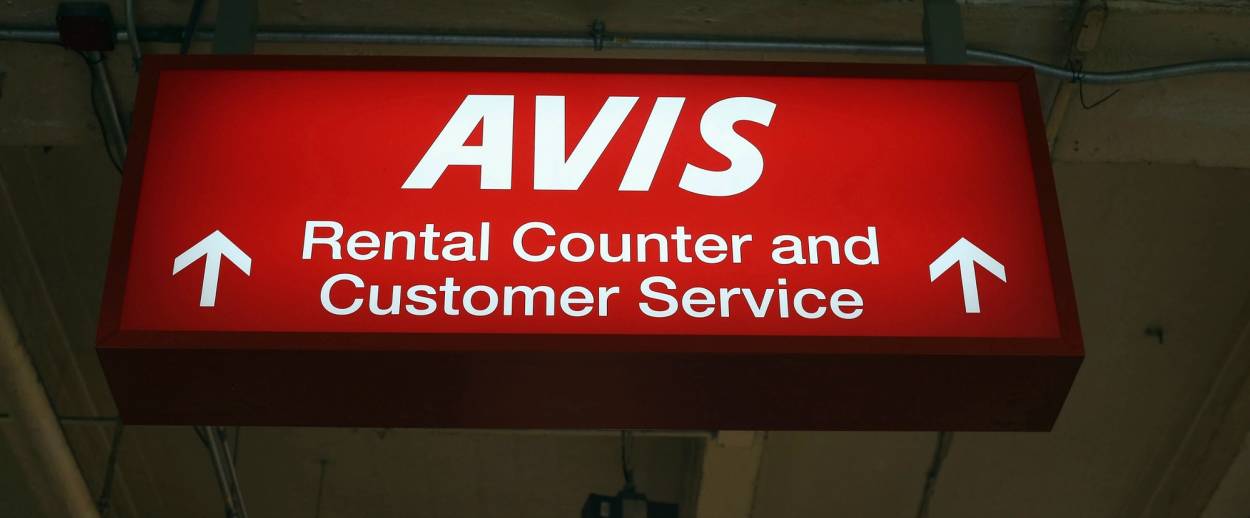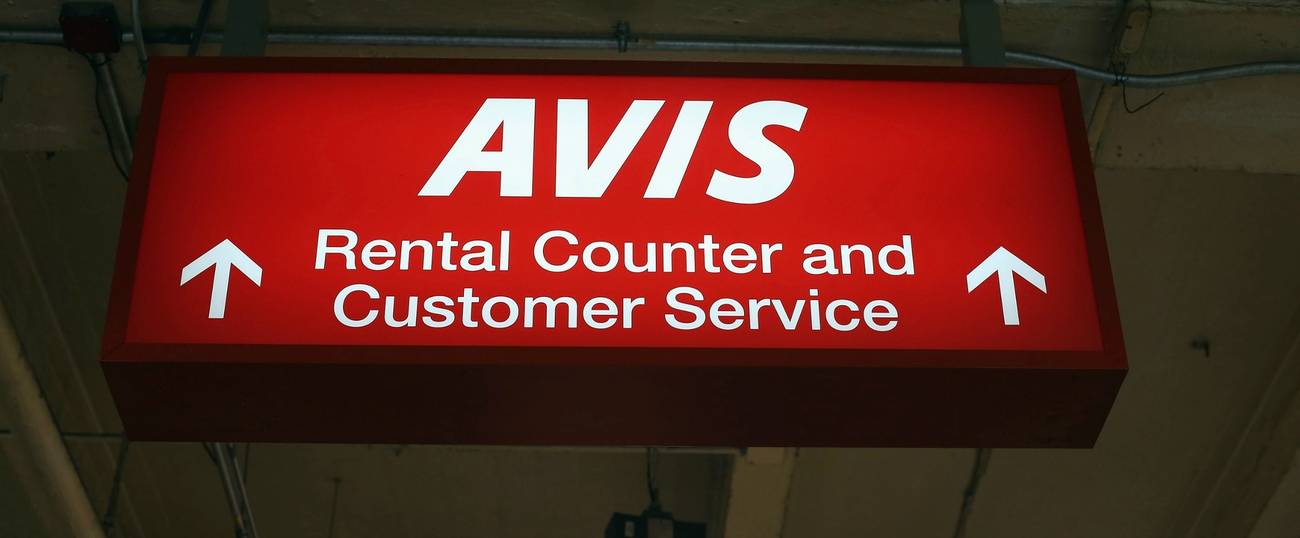Avis Should Try Harder, In Order to Avoid Breaking the Law
The car rental giant, accused of apparent anti-Israeli bias, is now invoking a clause of which none of its employees (except one) seem to be aware




Earlier today I wrote a story about Avis’s refusal to rent a car to a long-time loyal Israeli customer in what seemed a lot like a case of discrimination based on nationality, which is, you know, illegal. In response to my query, the car rental giant’s nameless corporate spokesperson wrote to say that after an inquiry that consisted of taking the word of an Avis employee over that of the customer, without any further due process or corroborating evidence, the customer was found to be in the wrong. That struck me as a problematic way to handle an allegation as severe as the one at hand, and I wrote to the Avis PR drone to say so. This is what the company had to say in response:
We have investigated the denial of a rental that recently occurred in Manhattan. We have found that we have been inconsistent in applying our policies with respect to documentation requirements with this customer, who has rented from us in the past without providing a second form of identification. We are committed to providing an outstanding car rental experience to our customers and believe that we should have done better here. We have spoken with the customer and apologized for the misunderstanding that occurred as a result of this inconsistency in applying our documentation policy, and the customer has accepted our apology.
We reiterate our policy that we do not discriminate on the basis of race, gender, religion, national origin or sexual orientation. We intend to take steps, including additional training, to improve the consistency in our application of documentation policies.
In other words, here’s what Avis is saying now: The customer, a loyal Avis renter, had for long failed to present the proper identification, and yet, for some reason, all previous Avis employees had ignored his lack of proper identification and kindly rented him cars anyway until one brave manager, herself alone aware of the rules, put her foot down and refused this wayward renter his mid-sized pleasure.
Having rented cars on several occasions, and being familiar with the bureaucratic process of fine print and contracts and punitive clauses designed to separate customers from their shekels, this oversight struck me as highly unlikely. And so, I started calling up Avis offices, first in New York and eventually in other locations all over the nation. I’ve an Israeli driver’s license and a valid credit card, I said, and nothing more; would you require a second form of documentation from me to rent an Avis car?
From the mountains to the prairies to the oceans white with foam came the unanimous answer: no additional form of documentation would be necessary.
And so, two options arise. The first is that, judging by my statistically significant survey, the majority of Avis’s employees in the continental United States of America are unaware of their company’s basic guidelines, which, considering that Avis is a car rental giant with a global footprint, would make it a deeply dysfunctional sort of place. The second explanation is that the corporate PR person is lying, and that the second form of documentation is either an untruth or a regulation so poorly enforced that most Avis employees have never heard of it.
Either way, it is clear that Avis has yet to heed its own wise counsel and just try harder.
UPDATE: After some insistent prodding, Avis’s unnamed corporate communications person replied to my queries with the following statement:
Our policy is that a second form of ID “may” be required at the discretion of the counter agent when renting to someone with a driver’s license from another country, regardless of what country. This is the policy that we have to address because it is prone to being implemented inconsistently, which is what happened here. It is not the employees’ fault that we leave this up to them and so sometimes a second form of ID may be requested while in other occasions it may not. We are working right now to address this and train our people on when and where a second form of ID should consistently be requested.
I would point out this Avis station has been serving customers including many, many Israelis, for 30 years without this ever creating this kind of problem before. Nevertheless, it’s a problem that Avis created, not our people who are trying their best to do the right thing.
Confused by this comment, I asked whether Avis provided any guidelines at all concerning which customers should be asked to provide an additional form of ID, or if the company simply left the matter at the full discretion of its employees. The reply I received was as follows:
That’s what we’re talking about when we say we’re reviewing the policy and will be revising it and training our people in how to apply it properly and consistently.
In other words, Avis currently has a policy that empowers agents to subject foreign nationals to additional scrutiny at random and without, it would seem from the company’s reply, any strict guidelines being in place to regulate this process. Which means that employees are free to apply whatever criteria they see fit when choosing what identification to ask of whom, including, presumably, discrimination based on a customer’s particular nationality. I asked corporate communications if this was the case, and requested to see any policy they may have to settle this matter. As of 5:11 p.m. on Tuesday, November 24, no reply was received.
Liel Leibovitz is editor-at-large for Tablet Magazine and a host of its weekly culture podcast Unorthodox and daily Talmud podcast Take One. He is the editor of Zionism: The Tablet Guide.